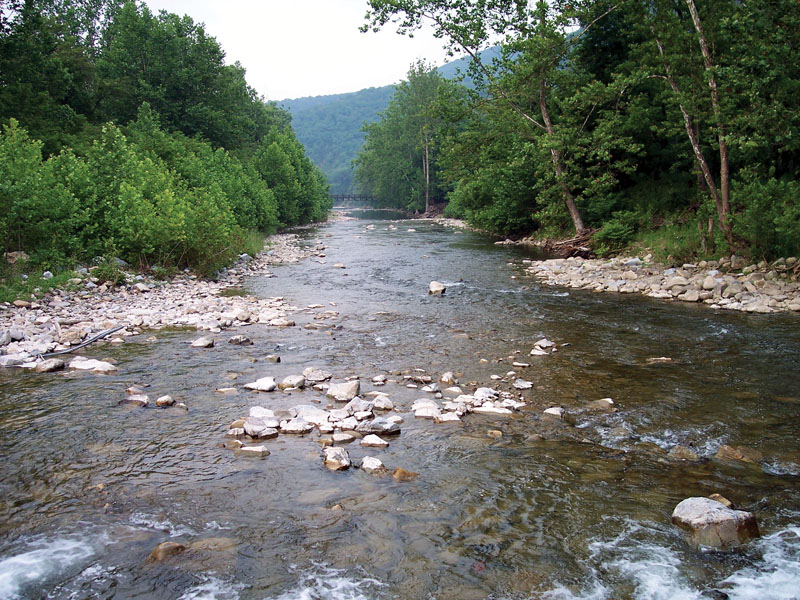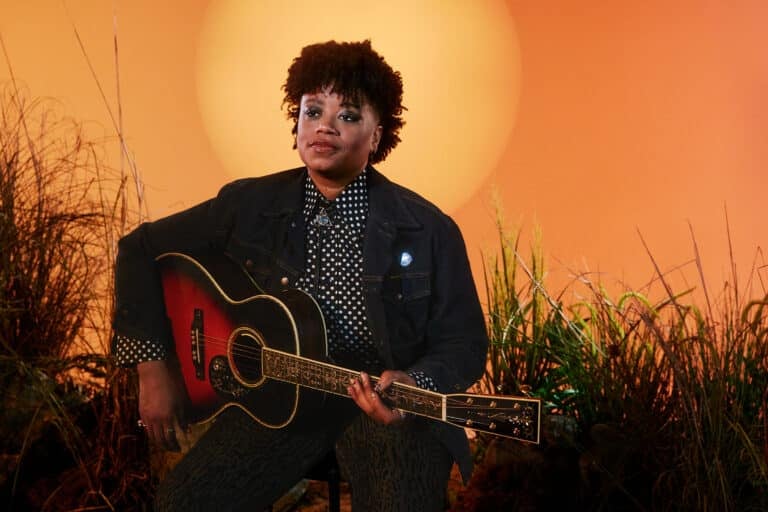Late last year, for the first time in U.S. history, a watershed filed a motion to intervene in a lawsuit to defend its right to exist. Not a riverkeeper, nor a river advocacy organization—an actual watershed: the Little Mahoning in Pennsylvania.
The Little Mahoning’s “rights to exist and flourish” was enacted into law by Pennsylvania’s Grant Township to protect the watershed and the community from fracking. It’s being challenged in court by Pennsylvania General Energy Company, who wants to frack in the Little Mahoning watershed.
Does a river have rights? Over 200 communities across the country—including the city of Pittsburgh— think so. They have passed laws that recognize rights of rivers, forests, and ecosystems to exist.
Most often, these rights of nature are enacted to protect a community from an environmental threat: factory farms, water privatization, sewage sludging of farmland, and especially lately, fracking. Pittsburgh’s ordinance explicitly elevates the rights of nature over corporate rights and bans fracking within its watersheds.
The rights of nature movement is spreading beyond our borders. Ecuador ratified the world’s first constitutional rights of nature in 2008. India is considering enacting rights for the sacred Ganges River.
In the past century, we have widened our circle of inclusion to encompass women’s rights, civil rights, gay rights, and even the rights of endangered species. Can we expand the circle to include all of nature? Or is that overreaching?
Corporations claim that neither a town nor a river can overrule state or federal laws, which give them the right to frack, mine, inject, pipe, dam, and drill across most of the country. And who decides what a river wants anyway? Who actually speaks for the trees, and do we want them all to have a voice?
This is about recognizing the rights of ecosystems to exist and thrive so that human actions do not threaten the long-term survival of the system upon which we depend, says Mari Margil, associate director of the Community Environmental Legal Defense Fund, which has spearheaded the rights of nature movement. “A river has the right to flow. Fish and other species in a river have the right to exist and evolve. And the plants and animals that depend on a river have the right to thrive.”
Margil says that existing environmental laws and regulatory agencies are failing colossally to safeguard our health. The broken system mostly perpetuates the rights of corporations to frack, mine, and drill. By legally enshrining basic rights of nature, communities are revolutionizing the fight to protect the environment and themselves.
“When state and federal laws prevent towns from protecting themselves, communities are deciding to make their own laws and take a stand for the health of their human and natural communities,” says Margil.
The Little Mahoning is a small creek, but it’s already making a big splash. If the courts uphold its right to exist, it will ironically give people more power. Our health has always depended on the health of our ecosystems. We’re not going to be able to protect one without the other.








